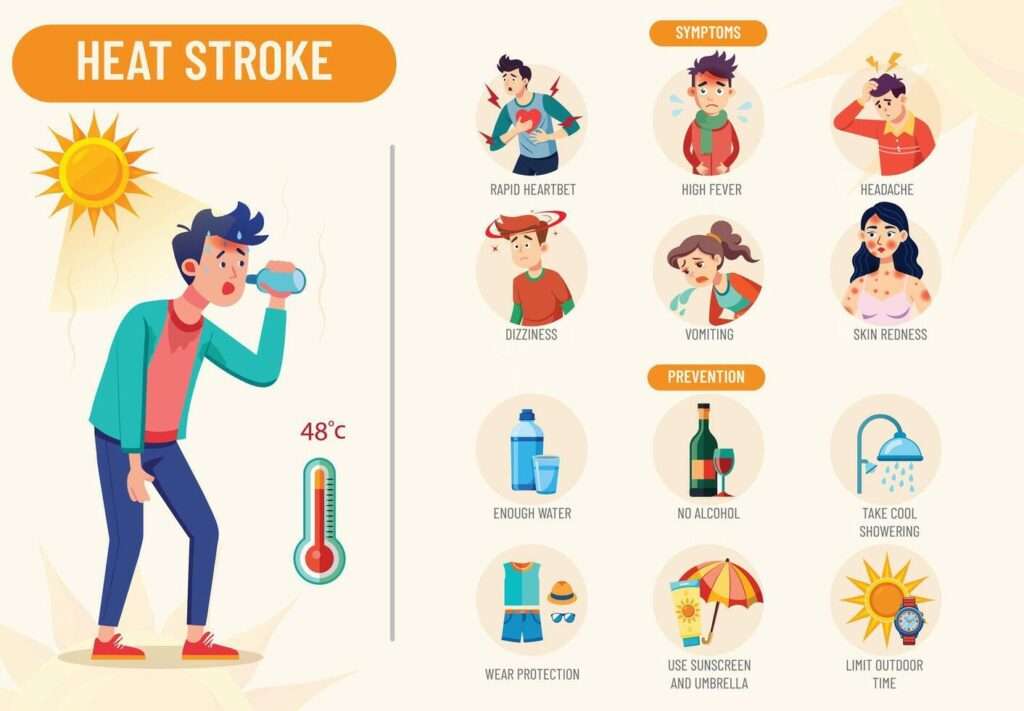What is cystoscopy?
A cystoscopy is a process used by medical professionals to see inside the bladder and urethra (the tube that removes waste from the body). It is carried out by a urologist using a lit instrument called a cystoscope that has a camera or viewing lens.
What are the types of cystoscopes?
Two varieties of cystoscopes exist:
Flexible cystoscope: Your doctor may inspect the interior of your bladder and urethra by carefully following the natural course of your urethra with a flexible scope.
Rigid cystoscopes: They don’t bend. Instruments for biopsies or tumor removal may be passed via the tube by your healthcare professional. Usually, this cystoscope is only utilized under general anesthesia or sedation.
The one that functions best for your particular treatment will be used by your healthcare professional.
When should I know the results of cystoscopy?
Your provider might not get the results of your biopsy for up to two weeks. Your practitioner will be aware of the outcome as they proceed if they are solely performing a cystoscopy and no other treatments concurrently. Find out from your provider when you can expect to receive a notification or see your results in your records.
When should I call my healthcare provider?
The majority of post-procedure issues, such as painful urination and bloody urine, resolve in a day or two. If issues persist longer than expected or if you encounter:
> Intense pain with urination.
> Significant blood flow or clots in your urine.
> A painfully full bladder and difficulty urinating.
> Symptoms of infection (pelvic discomfort, fever, foul-smelling or hazy urine).
Preparation Before Cystoscopy
Before performing a cystoscopy, a urologist may question a patient about any allergies, past medical history, and pre-procedural measures. The physician might advise:
> Before the surgery, stop using medications, such as blood thinners.
> When to eat and drink
> When to empty the bladder before the procedure or to give a urine sample for laboratory test
Who needs a Cystoscopy?
A cystoscopy may be advised by the physician if a patient encounters:
> Problems passing pee or controlling urination
> Stone in the bladder
> Blood in the pee or hemoptysis
> Dysuria, or pain during urinating
> Urinary tract infection that keeps coming back
What are the potential risks or complications of a cystoscopy?
Cystoscopy procedures are generally low-risk. Possible issues consist of:
> Infection (UTI).
> Contractions of the bladder. These may result in leaking urine and excruciating pains.
> Harm to your bladder.
> Harm to your urethra, such as constriction or scarring.
Side Effects of Cystoscopy
Following a cystoscopy, some adverse effects include:
> Urine with blood in it, usually just a few drops
> Burning in the urine, discomfort, and frequent urination for a few hours
Side effects peak to fade after 48 hours. See a physician if the issues persist longer and result in really painful urinating.
Conclusion:
Archana Hospitals in Madinaguda & Chandanagar, Hyderabad stands out as the premier destination for urology procedures. Renowned for its advanced facilities and skilled medical professionals, it ensures top-notch care and accurate diagnostics. Patients receive comprehensive treatment, coupled with compassionate support, ensuring optimal outcomes and peace of mind. Trust Archana Hospitals for unparalleled excellence in cystoscopy procedures.




























